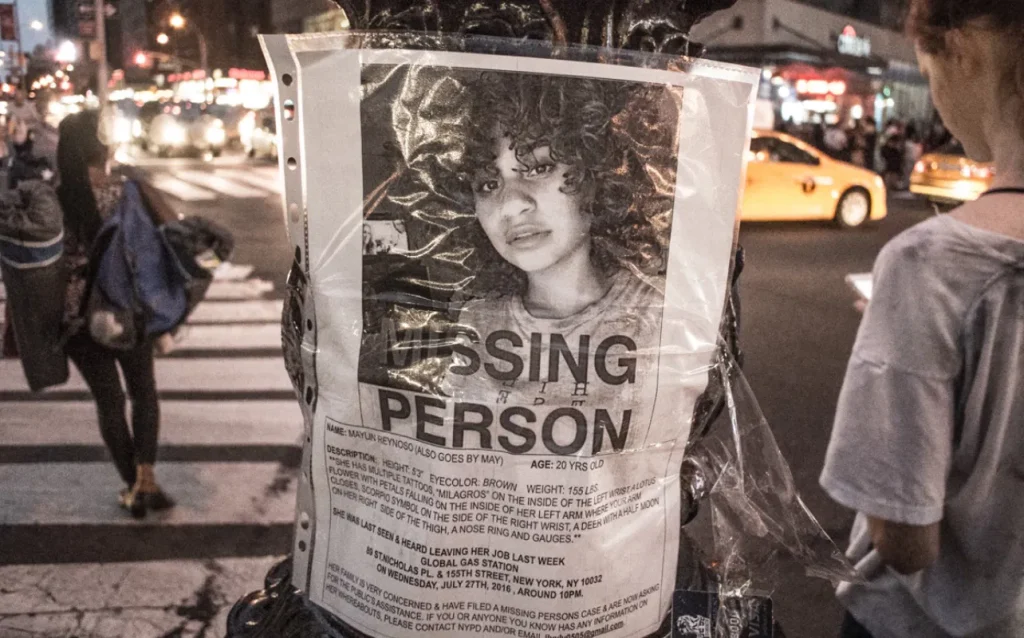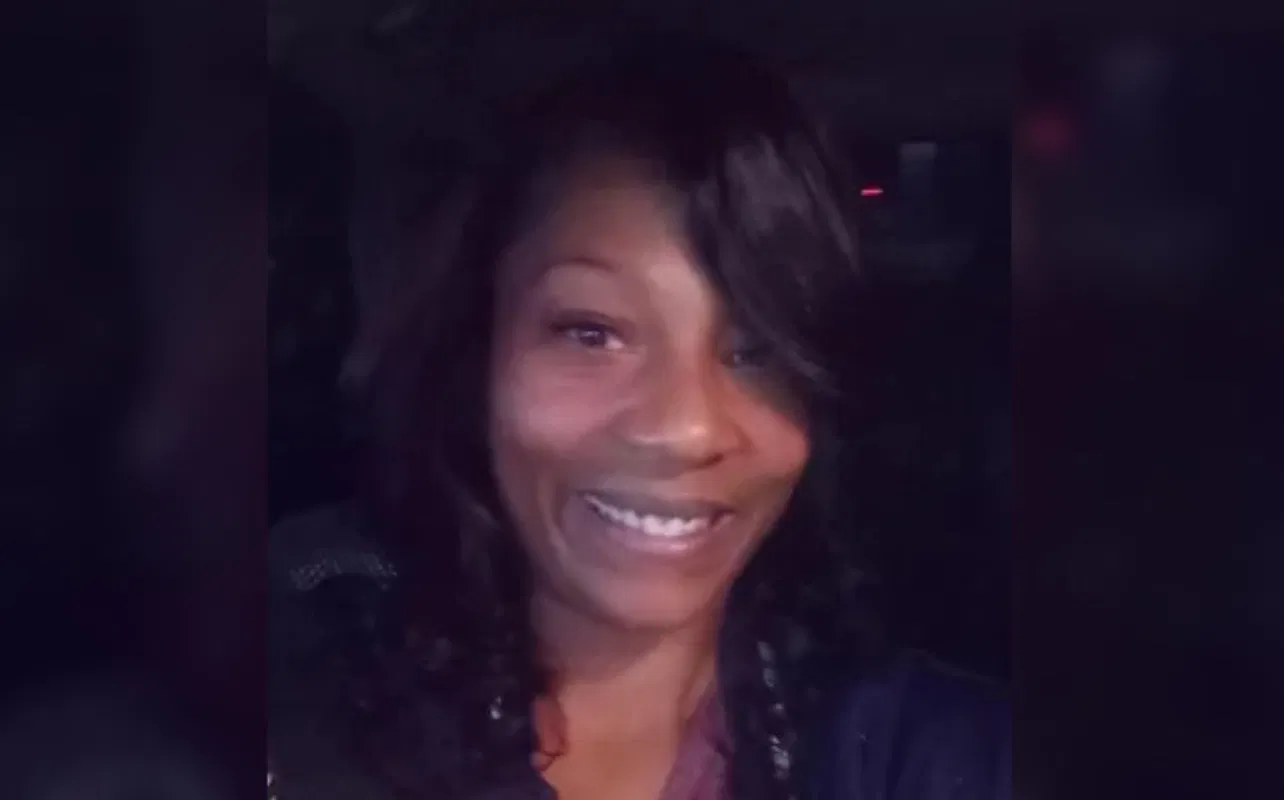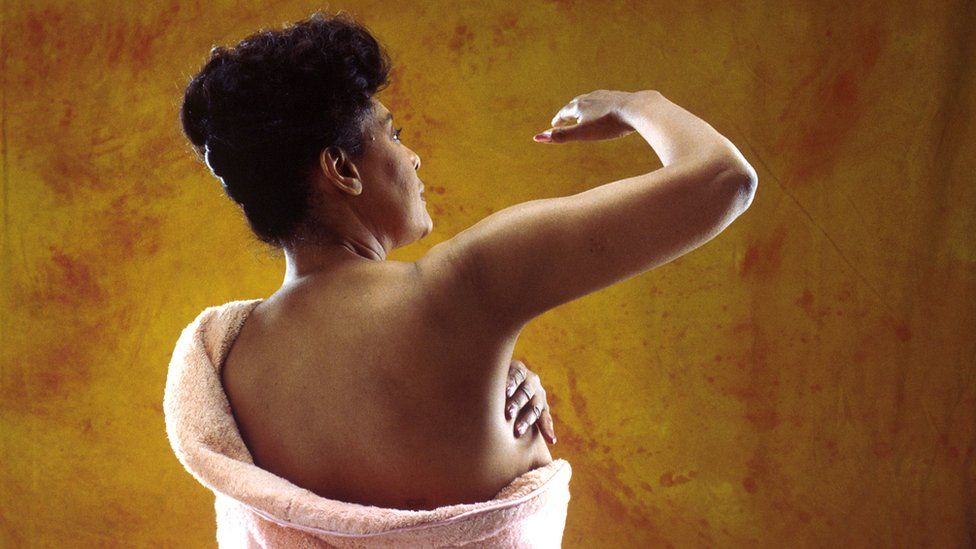Wisconsin Lawmakers Advocate for Task Force on Missing and Murdered Black Women.

Wisconsin State Rep. Sheila Stubbs is reintroducing a bill aimed at creating a task force to tackle the state’s disproportionately high rates of missing and murdered Black women.
Wisconsin State Rep. Sheila Stubbs (D-Madison) is once again introducing a bill to create a task force dedicated to addressing the crisis of missing and murdered Black women and girls.
On July 25, Stubbs joined fellow lawmakers and families of victims in Madison to push for the bill, marking her third attempt to secure its passage, according to WISN. The proposed task force would collect data and investigate why Black women in Wisconsin experience disproportionately high homicide rates.
She first introduced the bill in 2022 and again in 2024, when it passed the Assembly but failed to receive a Senate hearing. Now, she’s calling on lawmakers to support the measure, which she co-authored with Milwaukee State Sen. LaTonya Johnson.
“Can you explain to these families why their loved ones weren’t considered important enough to even receive a hearing?” Stubbs questioned. “It’s unfair to these victims and their families to be left waiting like this.”
The proposed bill would create a 17-member task force—including law enforcement, legal experts, nonprofits, and victims—to investigate why Black women and girls in Wisconsin experience disproportionately high rates of violence. If passed, it would provide about $80,000 in 2026 and nearly $100,000 in 2027 to fund a full-time position in Attorney General Josh Kaul’s office.
Stubbs introduced the measure following a 2020 Columbia University study that found Black women in Wisconsin were 20 times more likely to be murdered than white women. Sheena Scarbrough, whose 19-year-old daughter Sade Robinson was murdered and dismembered by Maxwell Anderson after a first date, has joined Stubbs and other lawmakers in advocating for the bill.
Last month, Anderson was found guilty on all charges related to Robinson’s murder, including first-degree intentional homicide, mutilating and concealing a corpse, and arson. Speaking to lawmakers, Scarbrough shared that she wished there had been state resources available to help her navigate the criminal justice process and seek justice for her daughter.
“There weren’t many supporters during that time. I didn’t really have anyone to help me understand or guide me through what I was experiencing,” Scarbrough said.
The bill is now awaiting committee hearings in both legislative chambers.



